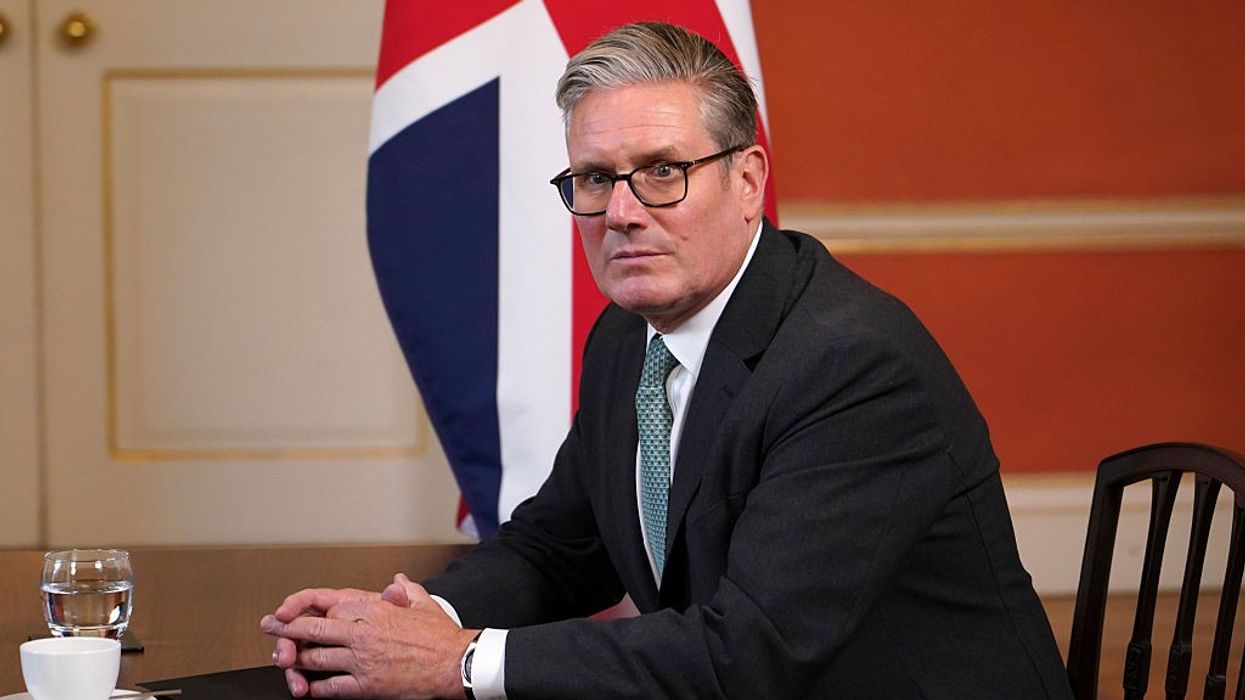UK firms should have access to European Union workers during a post-Brexit transitional period, environment secretary Michael Gove said last Friday (21) following reports of a cabinet agreement that the EU’s free movement rules could continue to apply for up to two years.
Curbing EU immigration was a key argument for the Leave campaign in last year’s referendum, in which Britain voted to end four decades of EU membership.
Prime minister Theresa May has promised to end the free movement of people as Britain exits the bloc and bring down net migration to “tens of thousands”.
Around 250,000 EU nationals move to Britain every year – mainly from eastern and southern Europe - and a total of around 3.2 million live in the country.
But the general election, in which the Conservatives lost their majority, has reopened the debate about what kind of future relationship with the EU Britain should pursue, with May’s government promising to seek as wide a consensus as possible.
Any position Britain adopts will be subject to negotiation with the EU, which last Thursday (20) demanded more clarity from ministers after the first full round of exit talks ended with limited progress.
Reports last Friday suggested chancellor Philip Hammond, one of May’s most prominent pro-European ministers, had won cabinet backing for a plan to allow free movement of people to continue for at least two years after Brexit. Another report cited a senior cabinet source as saying free movement could last for up to four years.
Gove, who campaigned to leave the EU, said there was no opposition to a transitional arrangement that involved access to EU workers.
“The prime minister has made clear, as we leave the European Union we will have an implementation period which will ensure that we can continue to have, not just access to labour, but the economic stability and certainty which business requests,” he said on Friday.
“That is something around which the government and the cabinet is united.”
Asked about the reports, May’s office pointed to the speech the prime minister made in January to set out her Brexit position, in which she called for a “phased process of implementation” to allow businesses to prepare.
The Confederation of British Industry, Britain’s big business lobby, has called for Britain to retain single market access during any transition period.
CBI leader Carolyn Fairbairn was among business leaders who met May at Downing Street last Thursday (20) following complaints from many firms about a lack of clarity in government plans.
May “reiterated that the government’s overarching goal is for a smooth, orderly exit culminating in a comprehensive free trade deal with the EU, with a period of implementation in order to avoid any cliff edges,” a Downing Street spokesman said.
Francis Martin, head of the British Chambers of Commerce, who also took part in the talks, said a transition period was a priority for business.
“Our research shows clear support among the business community for the UK to reach a comprehensive agreement with the EU, and for a transition period which will prevent firms facing a cliff edge.











